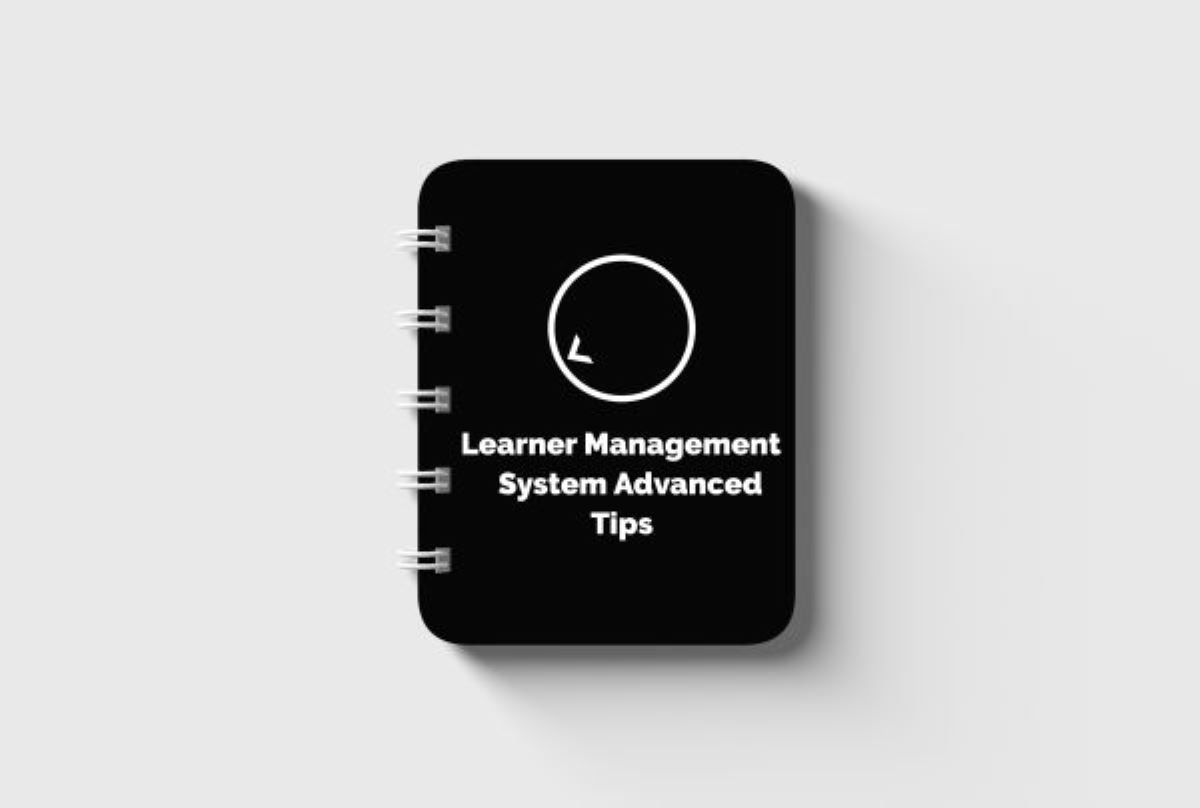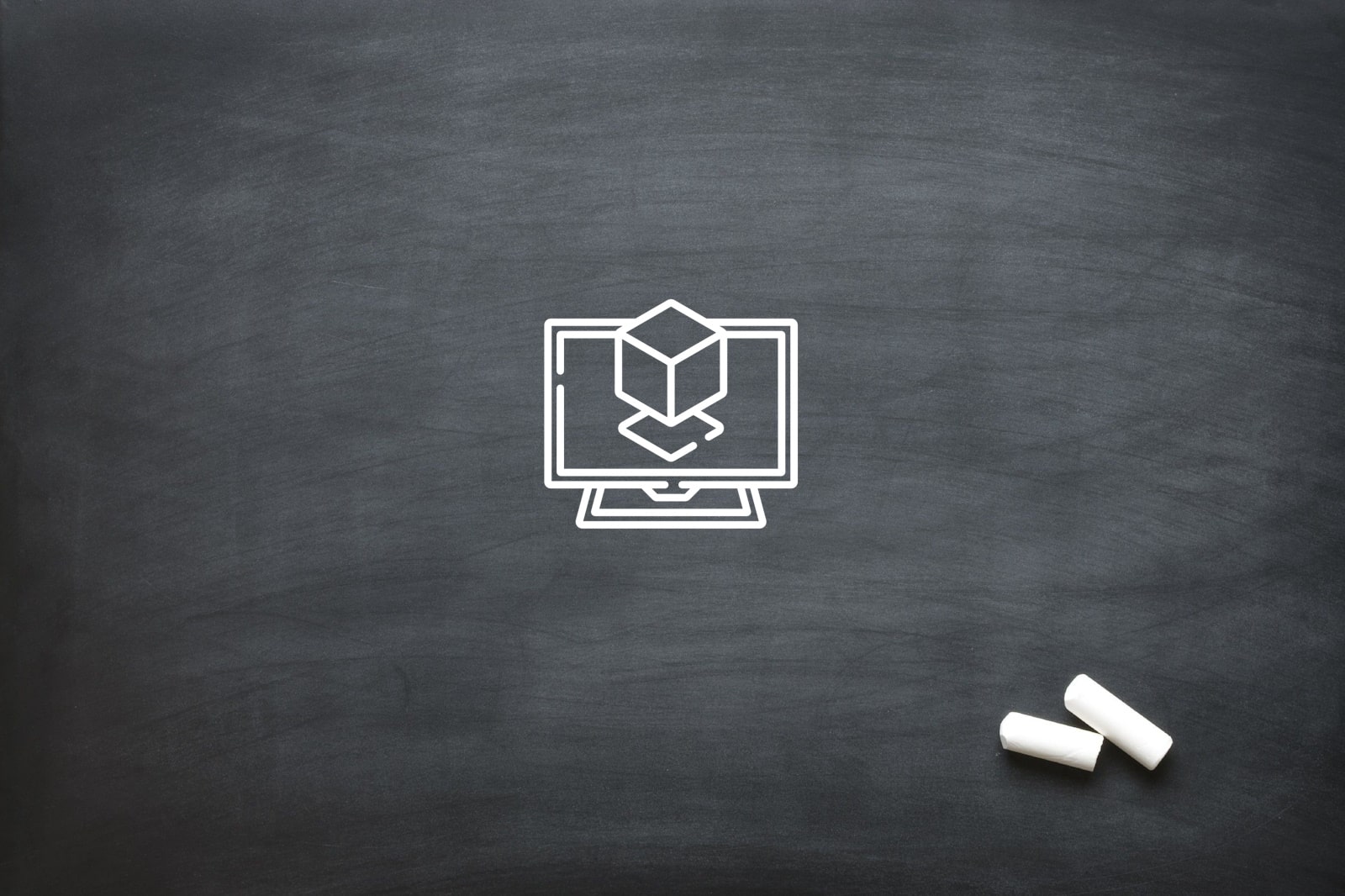
Learner Management System Advanced Tips
A successful learner management system is dependent on two main elements, namely functionality and governance. Functionality refers to the features of the system and how effective learning principles are applied to them. Governance, on the other hand, is how the system is managed. Assuming your system’s features have been configured effectively, the big concern is managing it correctly.
In this article we have compiled some advanced tips to assist your LMS management:
Run your Learner Management System like a pro
LMS User Roles
User roles determine the user’s access permission to the system and can be managed and modified by senior system administrators. For system administration and management, make sure your user roles are properly defined and configured. In the cases where an individual is granted elevated access, it is good practice to review proper governance for their permissions.
LMS Governance
System governance plain and simply refers to the rules by which the system is run. Each user role within the system has different access and control which requires clear guidelines to maintain the integrity of the system. This is especially true in administrative roles where users have a large degree of control over the system. Consider nominating power users to provide assistance to system users through means of a live chat or discussion forum.
Training
Provide your users with comprehensive system training based on user roles. We recommend creating training that covers all aspects of the system and then repurposing it for the various user roles. Make it part of your system governance for users to view their updated user role training as it is granted. Your training should be repeatable and easily accessed from the user’s dashboard.
LMS Compliance
A well run learner management system has clear guidelines for content design, formats, and sizes. Every time a course is accessed on your system it is being streamed from your server, which means your content must be well optimized, as it directly affects the performance of the system. Keep in mind that compliance also applies to your database and data management, so make sure your system is POPIA compliant. Your content should also adhere to your governance policy and learning goals. For example: If your system has a mix of free and paid content, allowing users to download the paid content may compromise your course sales.
Content Management
As discussed above, have clear rules for your content. Your publishing schedule, how large the file size may be, which formats apply, and even how it is all accessed is vital. This is especially important when collaborating with multiple teams for your eLearning content, as each team needs to adhere to your system content policy.
Leverage Gamification
Gamification is the perfect tool to create an interactive online learning environment for adult learners. Appealing to different personalities creates an opportunity for the system to grow organically as each learner finds motivation through automated system feedback. Gamification can also be applied to social learning features to further grow the system interactivity and coincidentally student morale.
Conclusion
A system’s longevity is directly tied to its function and the management thereof. Provided you maintain a feature-rich online learning environment with clearly defined governance, your LMS should grow organically as users participate.
Need learner management system assistance? Get in contact with our team.
We are a leading video production company in Johannesburg and have one of the top learner management systems in South Africa. We specialise in Video Production, Photography, Graphic Design, eLearning Development, Web Design, Animation and Creative Consultation. | info@oliverkarstel.co.za | www.oliverkarstel.co.za | IG.com/oliverkarstel







